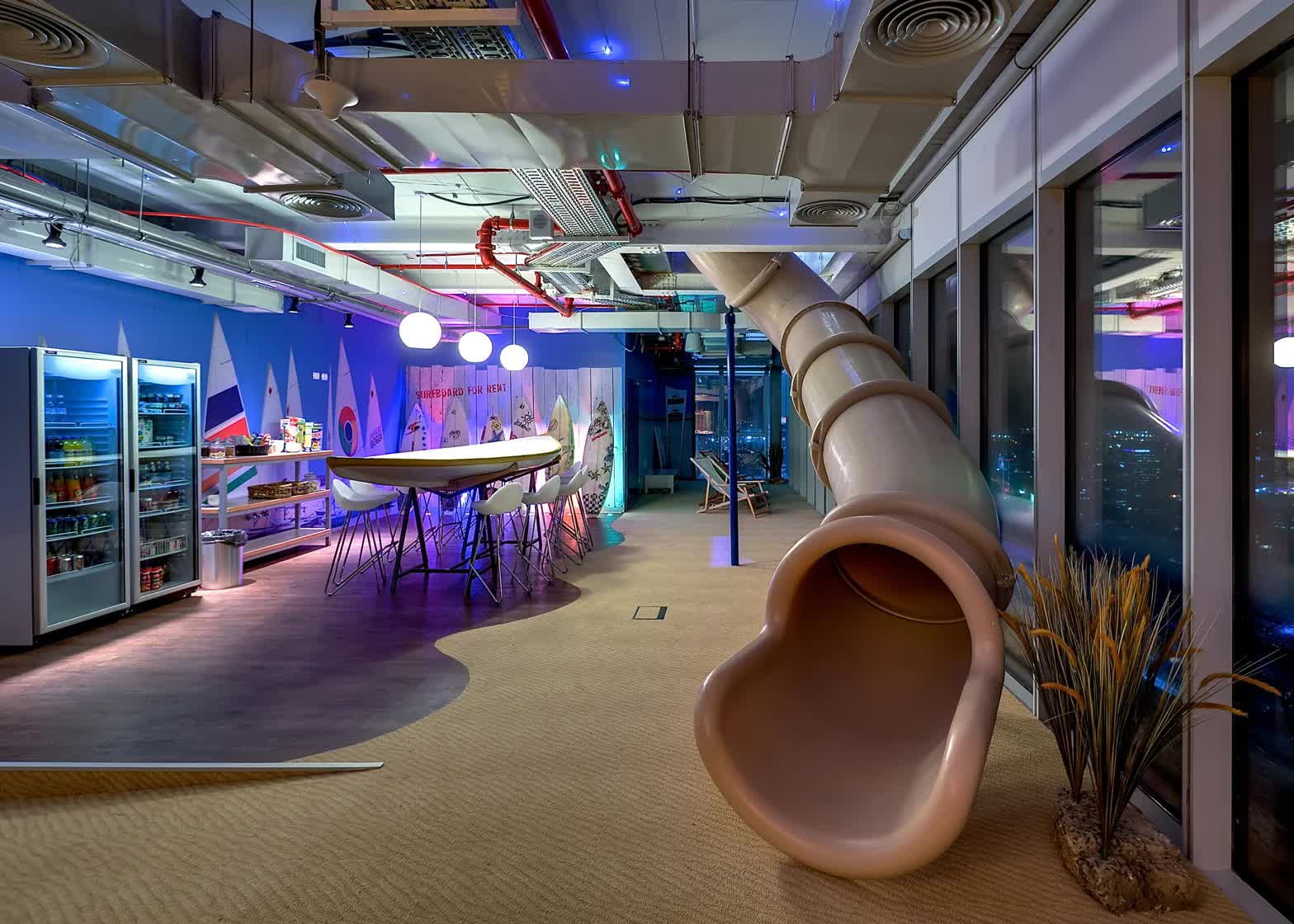A hot potato: Working from home and hybrid setups are the current controversial subjects among tech workers, with companies facing disruptive outcry and protests for telling employees to get back in the office. It's a sensitive area at Google, which is now clamping down on office attendance and asking remote workers to switch to hybrid.

According to an internal email, Google has updated its hybrid work policy this week. One of the changes is that it will start tracking hybrid employees' office badges to find out if they're coming in on the days they're supposed to – most are expected to be present three days per week. Additionally, these office attendance records will be recorded for performance reviews, and those workers who are consistently absent from the office will be sent reminders.
It's not just hybrid workers getting squeezed. An internal memo states that those working remotely full-time near a Google office should "consider" switching to hybrid as its "offices are where you'll be most connected to Google's community" – about 20% of Google employees work remotely full time.
The memo also states that going forward, the company will only consider remote work requests by exception only. Another document adds that workers already approved for remote work could have the privilege removed if the company determines "material changes in business need, role, team, structure or location."
Google offices: fun, but not fun enough to leave home for
Google Chief People Officer Fiona Cicconi told employees in an email that there is "just no substitute for coming together in person," a line used by every other company demanding its workers stop enjoying the benefits of working from home.
"Of course, not everyone believes in 'magical hallway conversations,' but there's no question that working together in the same room makes a positive difference," Cicconi wrote in her email (via The WSJ). "Many of the products we unveiled at I/O and Google Marketing Live last month were conceived, developed and built by teams working side by side."
Any Google workers who do not adhere to the new policy rules will, after an extended period of time, be contacted by HR about the "next steps."
Covid-19 saw most of the world start working from home, and the majority of people found they were much happier and more productive with the arrangement. But the post-pandemic era has seen employees being called back to the office whether they like it or not. Amazon corporate staff staged a walkout over its return-to-office mandate, and Dell employees are equally mad at the prospect. Apple staff were so against Cupertino's return-to-work mandate that they launched a petition.
Most hybrid workers have an average of 2.5 days in the office each week. It means that although offices in cities reached 50% residency rates at the start of the year, that figure has barely increased as most firms opt for a hybrid work strategy.
https://www.techspot.com/news/98993-google-warns-hybrid-workers-about-attendance-asks-remote.html
